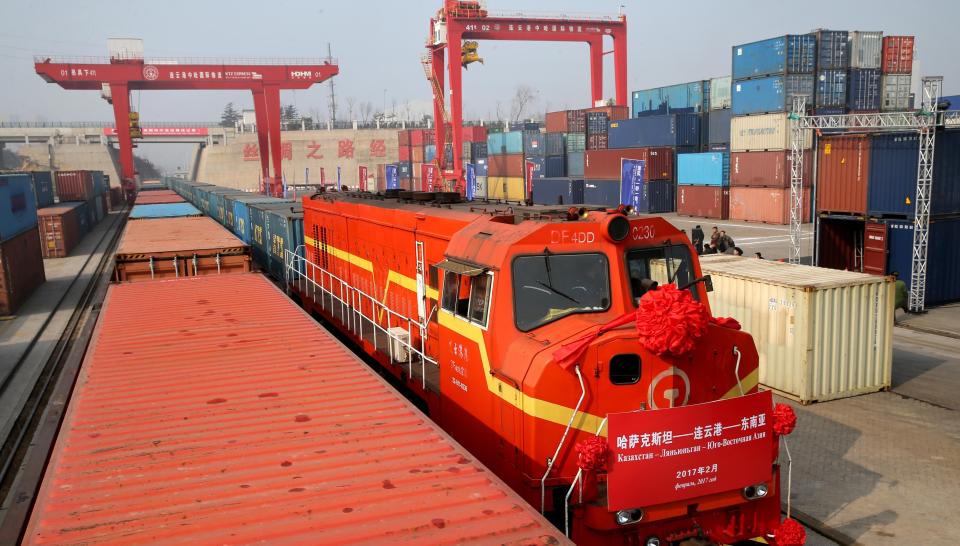India holds a negative attitude toward China’s “belt and road” initiative, but now faces a difficult choice as an increasing number of its partners and neighbors have joined or plan to join the economic cooperation scheme, wrote Lin Minwang, scholar of international studies at Fudan University, in the semi-monthly World Affairs.
The strategic dialogue held between China’s Vice Foreign Minister Zhang Yesui and Indian Foreign Secretary S Jaishankar in late February signifies the will of both countries to prevent bilateral relations from worsening, Lin noted.
But signs show India is still negative about the “belt and road” initiative, Lin wrote, as it’s the only one of China’s neighboring countries that hasn't indicated support of the scheme in an official document.
India has advocated the creation of a multi-polar Asia, according to Lin, which means it looks to rival China in overall strength.
But India doesn’t have the ability to build connections between countries in South Asia to balance out the influence of China, Lin wrote. As a result, it has to use Japan’s help to push forward projects like high-speed train networks and the port of Chabahar in Iran, he wrote.
On the other hand, the decision by Russia, India’s long-time strategic partner, to join the “belt and road”, has only made India’s stance even more awkward, Lin stated. Smaller countries like Bangladesh and Nepal also want stronger connection with China, yet are fearful of further actions due to India’s attitude, he wrote.
If India stays out of economic cooperation projects between China and South Asian countries, it’ll push these countries further away from itself, Lin claimed, adding that that wasn't something New Delhi wanted to see.

 Old Version
Old Version